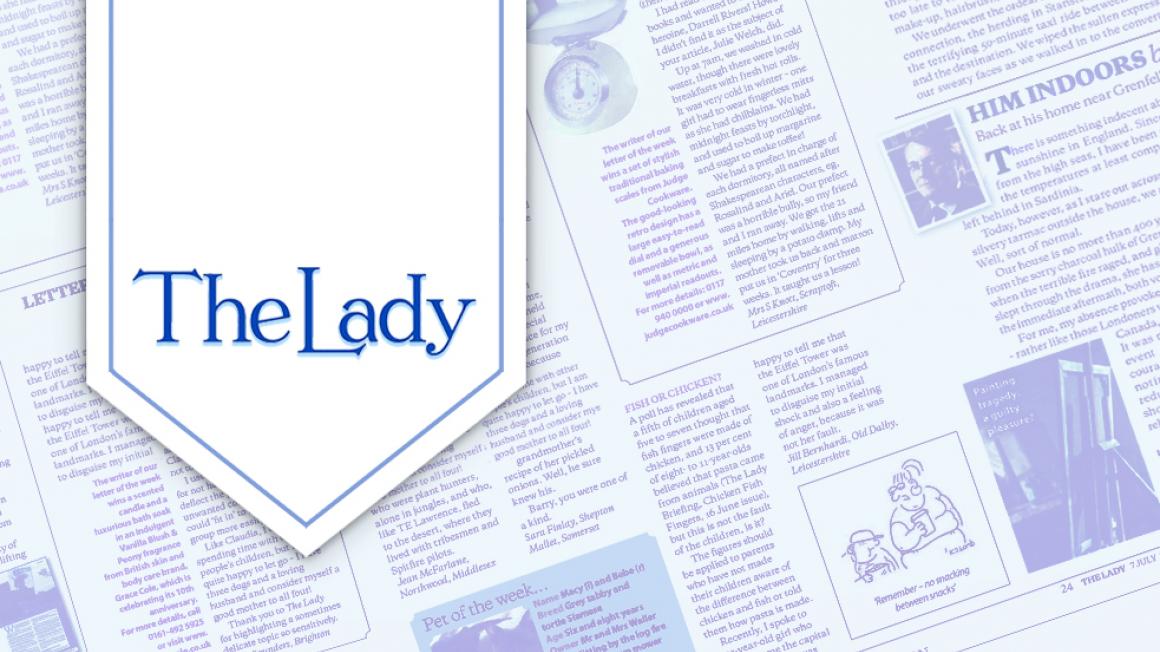The Lady Guide to Modern Manners: 14 July
Dear Justine I don’t think it’s just you. I’ve been thinking very much along the same lines for the last few weeks. Despite the brittle atmosphere of conflict and tragedy across the country, people in public places are making a huge effort to be polite and thoughtful. I mentioned last week, as kind readers might remember, the incident of people thanking for a door held open which they’d not gone through.
This happened at Leigh Delamere Services on the M4. Thinking about that some more, you might expect a nowhere place like that to be an ideal anonymous environment for rudeness to thrive. If nobody knows who you are, you get can away with anything… hence road rage. So it’s even more surprising that Leigh Delamere Services should be the scene of such charming courtesy.
I’ve seen it elsewhere. In a Turkish restaurant last week the waiter dropped some houmous and the plate broke. It went on the lady’s handbag (a bit) but she said, ‘Are you all right?’ Rather than having hysterics. At the theatre, despite the intense crush of people, a man at the bar said: ‘I think you were first.’ Unheard of… especially in London, where it’s often dog eat dog in bar/pub circumstances.
Where there is rudeness or undesirable show-off behaviour, it’s more conspicuous. Yesterday on Piccadilly, a man driving in his v. expensive souped-up vehicle revved the engine and indulged in ‘boy racing’ at every opportunity when the road was clear. I thought: ‘How ghastly,’ but also, ‘It’s a long time since I’ve seen anything like that.’
You may say I’m being silly and my evidence is merely anecdotal. I say the more you believe the world is a certain way, the more it will become so. It’s all a question of what you notice, and that arises from what you assume in the first place. If you wait for absolute incontrovertible evidence, then you’ll wait forever.
There’s much to be said for thanking people who do thankless jobs and probably never get thanked – such as driving taxis or more particularly buses (I love buses more and more as I get older), sweeping the streets, waiting at tables, working in supermarkets or call centres and cleaning our homes.
Please send your questions to thomas.blaikie@lady.co.uk or write to him at The Lady, 39-40 Bedford Street, London WC2E 9ER


